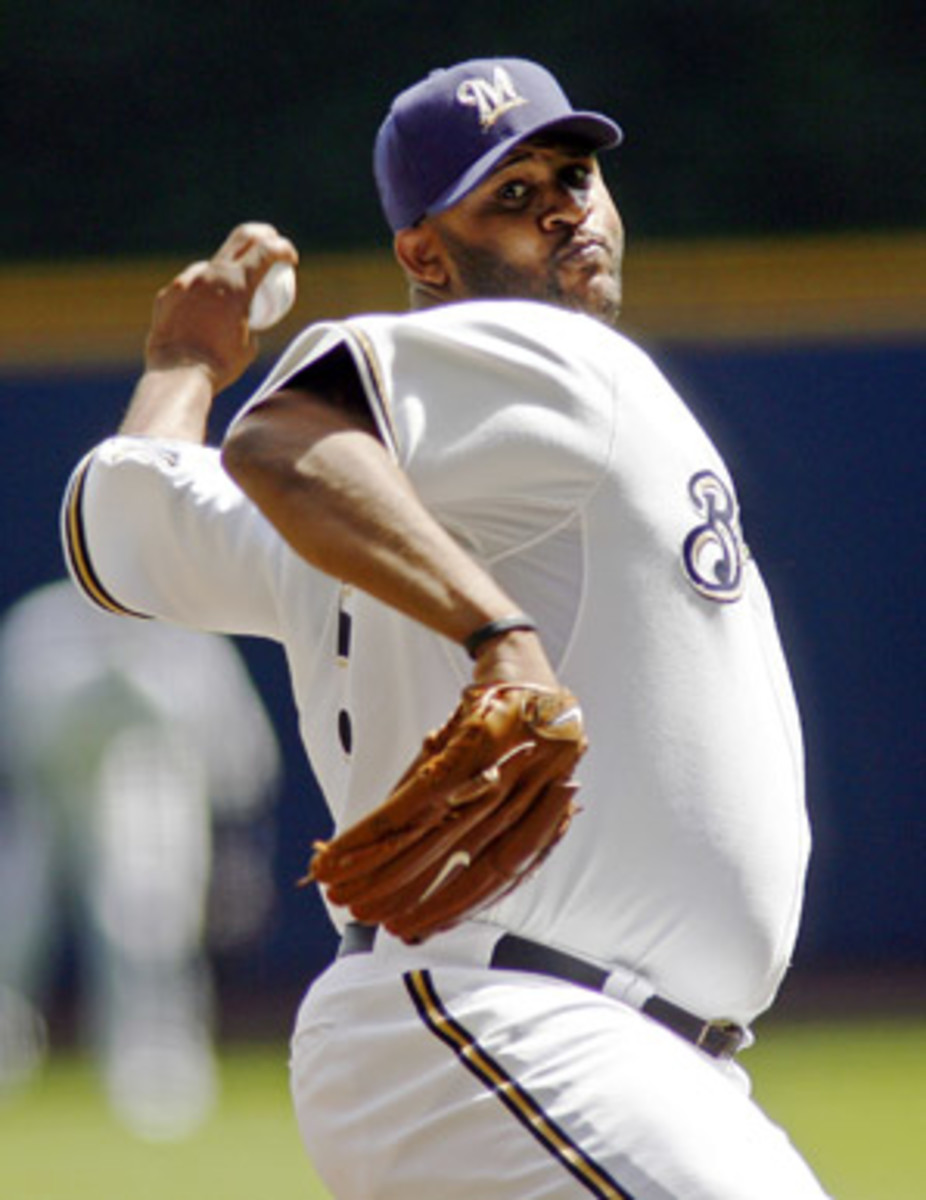As economy flounders, selling sports will only get harder
I always wondered why people would volunteer to work for nothing at sports events like golf and tennis tournaments. I mean, volunteering is a wonderful thing, but if you're nice enough to do that, why wouldn't you volunteer at the soup kitchen or the homeless shelter or a hospital or school? Why would you volunteer at a business endeavor where your free labor was being donated so that young sports stars could make hundreds of thousands of dollars for that same week's work?
But sports are glamorous and people feel very proud about the big-time events that adorn their community. Gee, maybe this is the pattern sports teams are now going to need to turn to in this economic downtown. The Yankees could surely use their devoted fans to volunteer to usher and sell beer and clean up the rest rooms so that they'll have enough profit to pay the pitcher they thirst over, CC Sabathia, the -- holy AIG! -- $140 million they've offered him.
More seriously, it may become the case that even if the top stars, like Sabathia, still get huge pots of money, sports may begin to follow the model of Hollywood. The movies pay their performers on, what is known in the trade as, the "tent-pole" model. It works this way: the lions' share of the money allotted to the actors on a film goes to one big box-office star. The star is the pole that holds up the whole she-bang. The other actors are not paid proportionally less. That is, if the tent-pole gets $20 million, it doesn't mean his leading lady gets $15 million and the top featured character actor gets three or four million.
Rather, it means that the producers have slots. You wanna be a leading lady? Fine. We're paying $800,000 for that. Take it or leave it.
Book publishers work much the same way. The authors who write the best-selling pot-boilers get most of the advance money. The other authors get a pittance up front and hope they can catch lightning in a bottle and make some on the back end with royalties.
The sports model I can envision will mean that the merely nice, serviceable players -- the character actors of games; say, the rebounding power forward who can't shoot, the good field/no-hit shortstop -- will see their multi-million-dollar salaries considerably reduced, even if the celebrity stars may still receive real big money.
Remember, in hard economic times, all entertainments are vulnerable because they're optional expenditures. But sport is the most susceptible. Think about it. If you want to go see the concert or the circus, you have no alternative but to buy tickets. You want to see Billy Elliott on Broadway? Pony up or miss out. The hot holiday movies? Go down to the cinemaplex and fork over your eight or 10 bucks, or wait months until they come out on Netflix.
But if you want to see a sports event, hey, they're still all yours -- for free -- on television. Maybe it's not quite as good as being there, but it's in HD and in living color and you're watching the drama in real time.
In this difficult period, sustaining attendance at sports events is in greater jeopardy than selling tickets to the other entertainments. Only sport competes directly against itself on TV.






